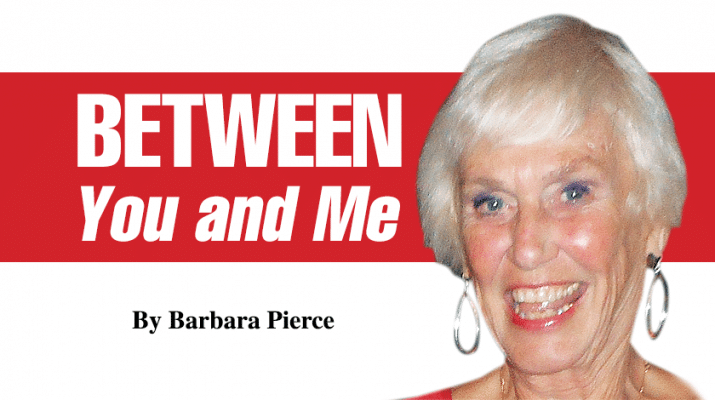We’ve kind of gotten off the track in terms of parenting in the U.S.
By Barbara Pierce
At least that’s what NPR correspondent Michaeleen Doucleff believes. When she met parents from around the world, she encountered millennia-old methods of raising good kids that made American parenting seem bizarre and ineffective.
In her book “Hunt, Gather, Parent: What ancient cultures can teach us about the lost art of raising happy, helpful, little humans,” she shares what she learned.
She determined that we, as parents, could learn much about parenting from ancient cultures as she traveled with her 3-year-old daughter to live with a Mayan family in Mexico, then with an Inuit family in the Artic, and in a community of hunter-gatherers in Tanzania.
There she encountered parents who raise children in a totally different way than we do — and raise extraordinarily kind, generous, and helpful children without yelling, nagging, or timeouts.
These cultures don’t have the same problems with children that we do. Most strikingly, parents build a relationship with young children that is vastly different from the one many of us develop — it’s built on cooperation instead of control, trust instead of fear.
“It single-handedly changed my life,” she concluded. “It transformed my whole sense of what parenting could be. This approach is really about minimizing conflict and tension and really maximizing cooperation.”
Kids have few toys and no child-centric activities and child-centric spaces (like Chuck E. Cheese, children’s museums). Instead, children spend their time simply inhabiting the same world as grown-ups — playing alongside them, learning to use their tools, helping with their responsibilities.
Moving from “how to entertain my child” to “how to just embrace them” as a family member who has value and is important right from the beginning.
For example, children have an innate desire to be helpful; they often don’t know how to help and seem incapable or clumsy. However, never discourage them from being helpful; shooing a child off can extinguish their motivation to pitch in.
Children have a strong motivation to work as a team with their family, to cooperate. Child-centered activities, designed for kids, erode this motivation. When we include children in adult activities, we amplify their motivation to cooperate and do what the family is doing.
“I think we underestimate what children can do — there are children I met who were 12 years old, making meals and taking care of younger children. It’s because they’re given opportunities all along to learn those skills,” she said.
The idea that parents are responsible for entertaining a child or “keeping them busy” is not present in the vast majority of cultures around the world, and definitely not throughout human history.
In the vast majority of cultures around the world, parents do not constantly stimulate and entertain children. This mode of parenting is exhausting and stressful both for the child and the parents. Instead, minimize child-centered activities. Be sure children have access to your life and work; be sure they’re around while you do chores and other adult activities.
Minimize distractions such as screens and toys. The fewer entertainment items a child has, the more attractive your world becomes.
Maximize exposure to the adult world. Go about your business and bring the child with you.
Doucleff noticed that she never heard these parents praise their children. They don’t say “Good job” or things like that, like we do much of the time. They may use facial expressions to show their approval.
“When a child’s every positive action garners a ‘Good job,’ then praise can undermine their intrinsic motivation,” she said.
To motivate a child without bribe or threats, the child needs to feel connected to you, like they are making the choice to do the task, no one is forcing them, like they are competent and their contribution will be valued.
Resist the urge to correct a child, especially when they’re pitching in and helping the family. Step back and let a child perform a task without interfering, even if the child isn’t executing the task as you wish. Help them learn a task by letting them practice that task.
In other cultures, parents get a lot more help. They rely on neighbors, grandparents, aunts, uncles and friends to raise children. It’s expected and encouraged.
“Our children need many relationships, not just the one or two in the nuclear family,” she said.
Yes. This book offers many eye-opening looks at how ancient techniques can benefit us today as parents.
Barbara Pierce is a retired licensed clinical social worker with many years of experience helping people. If you would like to purchase a copy of her book, “When You Come to the Edge: Aging” or if you have questions for her, contact her at barbarapierce06@yahoo.com.

